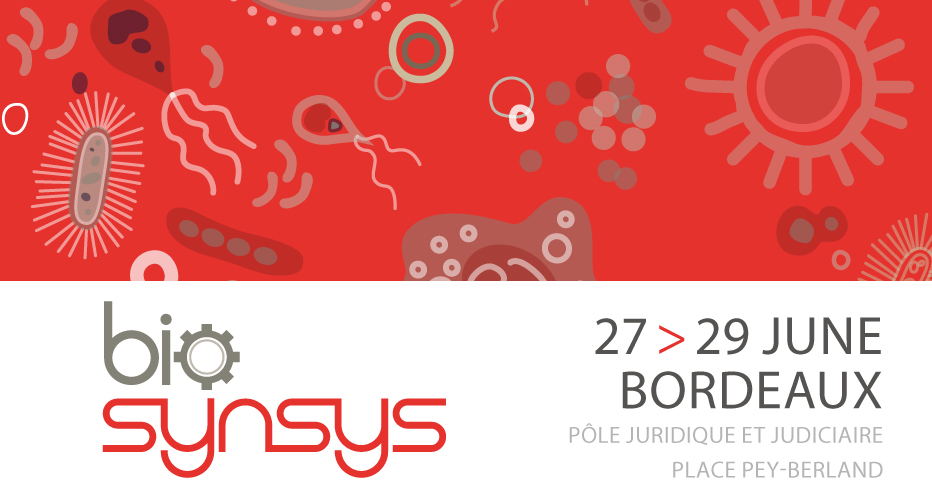During embryo development, structured regions of protein concentration appear in response to positional signals from morphogen gradients. These structures are called French flag patterns and, despite their crucial importance in developmental biology, their synthetic analogue has remained elusive. Here we introduce an experimental model of gradient-induced pattern formation. We engineered artificial analogues of transcriptional networks based on short DNA single strands that interpret a morphogen gradient. Bistable networks created immobile and sharp concentration profiles, that lasted for tens of hours. The combination of two bistables generated a French flag reaction-diffusion pattern at steady state, whose phenotype was reprogrammed by network mutation. This experimental framework could be used to test morphogenetic models and design programmable materials capable of morphogenesis.

|
|
|
Abstracts > By Speaker > Estevez-Torres AndreSynthesis of a reaction-diffusion French flag pattern with a molecular program
1 : Laboratoire Jean Perrin (UPMC/CNRS)
(LJP)
-
Website CNRS : UMR8237, Université Pierre et Marie Curie (UPMC) - Paris VI
4, place Jussieu, Tour 32-33, Case Courrier 114 75252 Paris Cedex 05 -
France
|
 PDF version
PDF version
